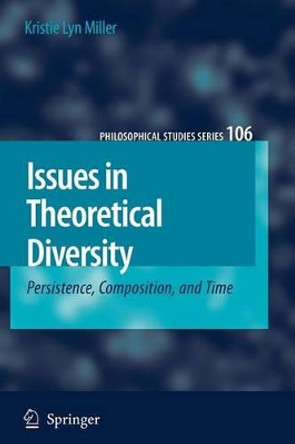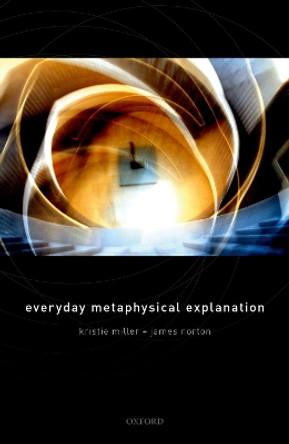Description
This book empirically investigates the nature of time biases. Many philosophers think that it is rationally permissible to prefer a life that is overall worse to one that is overall better, as long as the badness of that life lies in the past rather than the future. These philosophers think that it is rationally permissible to be time biased. Time biased individuals differently value the wellbeing of their various selves in virtue of where those selves are located in time. This book focuses on three key kinds of time bias: near, present, and future bias. It presents a rich picture of the conditions under which we display these biases, and it outlines several psychological explanations for them. It then uses this new empirical research we conducted to inform arguments regarding the normative status of these biases. At its heart it considers the question: does having time biased preferences of one sort or another make us better off or worse off? And it uses the answers to these questions to inform our theorising about whether we have reason either to have or to avoid having such preferences.
About the Author
Kristie Miller is Professor of Philosophy and joint Director of the Centre for Time at the University of Sydney. She has published widely in the philosophy of time, focusing both on the nature of time itself and our experiences of time. Her most recent work includes Out of Time (Oxford University Press, 2022), written with Sam Baron and Jonathan Tallant; Persistence (Cambridge University Press, 2022); and Does Tomorrow Exist?: A Debate, written with Nikk Effingham (Routledge, 2023).
Book Information
ISBN 9781032867151
Author Kristie Miller
Format Hardback
Page Count 242
Imprint Routledge
Publisher Taylor & Francis Ltd







